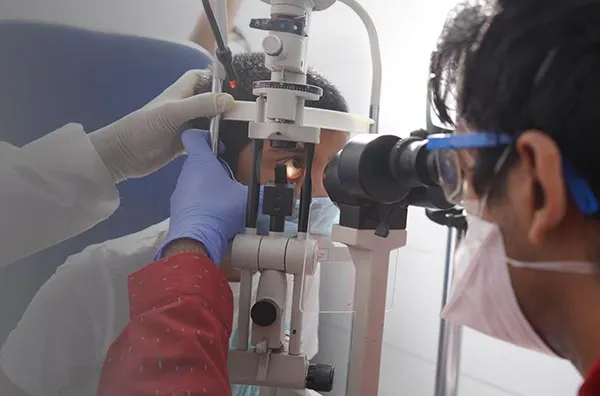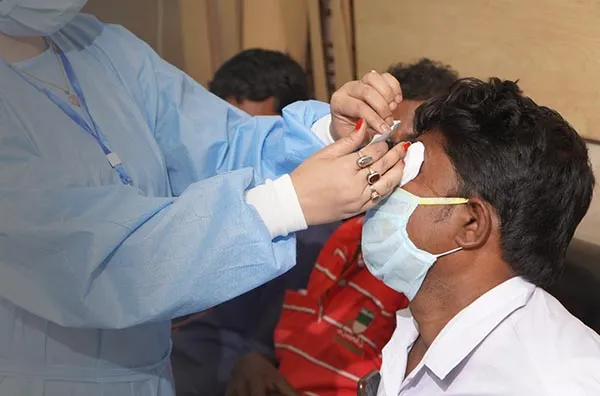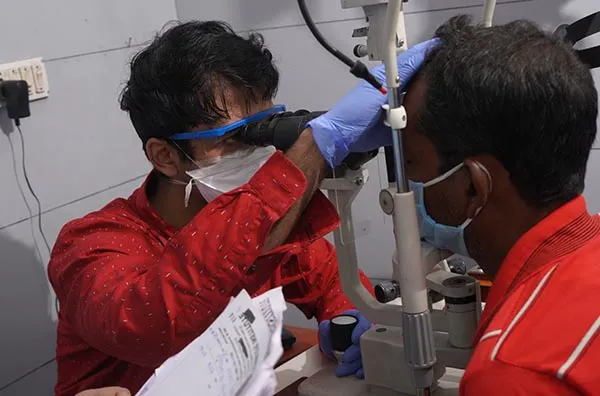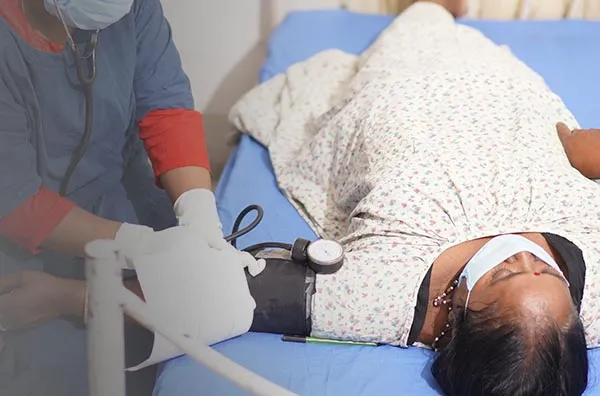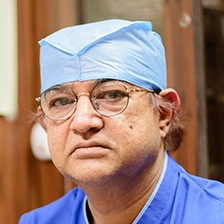Uveitis describes a group of inflammatory diseases which results in swelling and destruction of eye tissues. The term Uveitis is used because, the condition generally affects the Uvea, middle layer of the eye. Uveitis is not limited to the uvea. It also affects the optic nerve, retina, lens, and vitreous, resulting in reduced vision or blindness. Uveitis can happen to people of all age groups but is most common in people aged between 20-60 years old. Some associations of uveitis are:
- Eye trauma
- Autoimmune disease
- Toxins penetrating the eye
- Tumors or infections
Some diseases that are associated with Uveitis are:
- Reactive arthritis
- Tuberculosis
- Ulcerative colitis
- Rheumatoid arthritis
There are different types of Uveitis, based on its occurrence in the eye:
- Anterior Uveitis occurs at the front of the eye.
- Posterior Uveitis occurs at the back of the eye.
- Intermediate Uveitis: common among young adults, often occurs in the vitreous
SYMPTOMS
- Pain in the eyes
- Blurry vision
- Redness in the eyes
- Sensitivity to light
- Floating dark spots in the vision
- Altered colour of the iris
Uveitis can be chronic or acute. So it is advised to get your eyes checked even at the slightest symptoms. The commonest type of uveitis is the inflammation of iris known as iritis or anterior uveitis. India records almost one million uveitis cases per year. Uveitis can only be treated by a trained ophthalmologist and requires a medical diagnosis, which often includes imaging or lab tests.
UVEITIS TREATMENT
A patient diagnosed with uveitis receives appropriate and prompt treatment from our doctors. Prescribed medications from our doctors involve:
- Immunosuppressants
- Antiviral medication
- Antibiotics
- Corticosteroid medications
- Mydriatic eye drops
When cataract starts disrupting your daily jobs and vision is affected, the only treatment is surgery to remove the cataractous lens and replace it with an artificial lens.
It is essential to know that uveitis happens due to an underlying disease or by an infectious process, so our eye specialists treat them with exceptional care. Therefore, to diagnose it accurately, our doctors do a thorough slit lamp and fundus examination and then order specific blood tests and imaging. They prescribe dark glasses and eye drops to reduce pain and irritation. Severe cases may require medication that suppresses the immune system (immunosuppressants).
